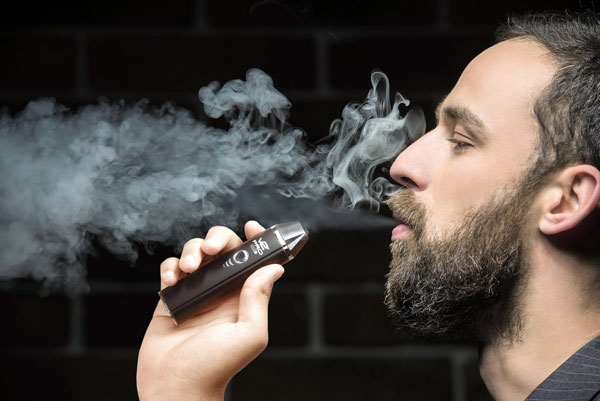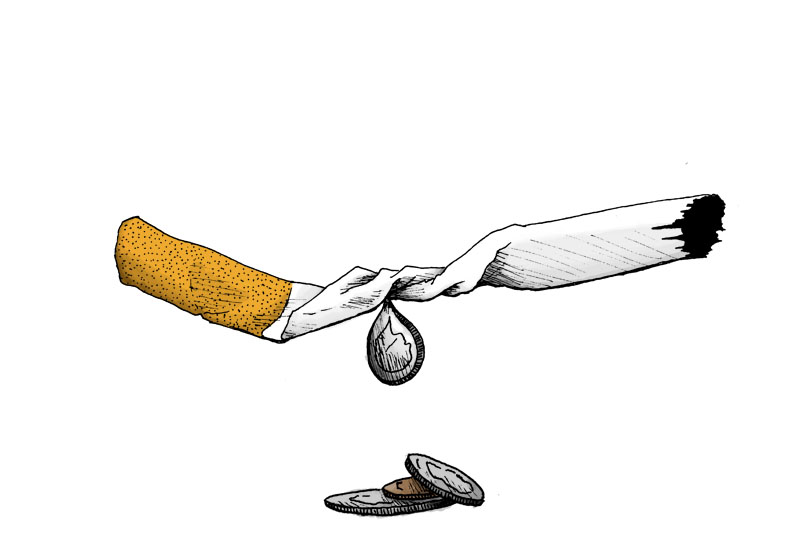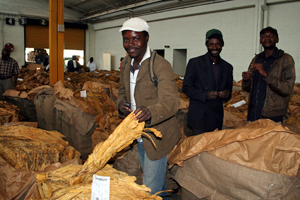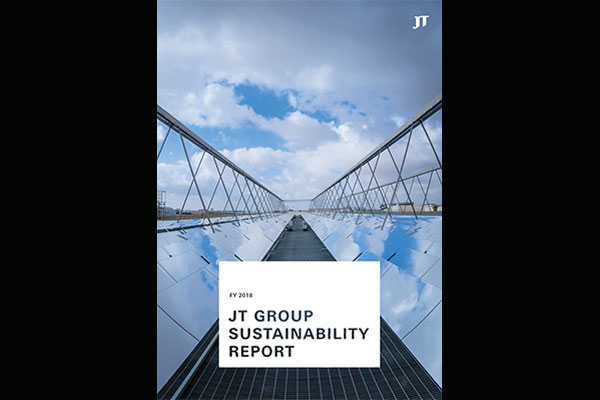The JT Group has published its 2018 Sustainability Report. It includes some of the key contributions of JTI, its international tobacco business, in meeting the group’s sustainability objectives.
JTI’s most significant achievements over the past year include:
• A record of more than 2.7 billion illegal cigarettes seized thanks to information provided by JTI
• More than 30 percent of the electricity in the company’s factories originated from renewable sources
• Human Rights Impact Assessments completed in five high-risk countries
“We take the responsibility to manage our business sustainability very seriously, and I am proud of the progress we are making globally,” says Suzanne Wise, JTI’s senior vice president corporate development. “We constantly challenge ourselves to make the right choices for our business’ long-term sustainability, to actively reduce our environmental footprint and positively contribute to the communities we are a part of.”
Illegal trade is a growing problem, according to JTI. It cheats legitimate tobacco companies and their brands, consumers who don’t know what they’re buying and governments who lose tax revenues. It threatens wider society as the organized crime networks who are behind illegal trade often deal with human trafficking and terrorism. Tackling illegal trade is a key component of JTI’s approach to sustainability, and in 2018 the company provided 1,328 reports to law enforcement agencies, leading to the seizure of more than 2.7 billion illegal cigarettes and the raid of 39 counterfeit factories.
At JTI’s factories around the world, the focus has been directed at minimizing the company’s environmental impact. Following concerted efforts and investments, by the end of 2018, 31 percent of electricity was either purchased or generated from renewable sources. One example is the Philippines, where the largest self- consumption rooftop solar system in South-East Asia was installed, with 17,040 solar panels.
A factory-by-factory feasibility review of opportunities associated with solar, hydro, wind and biomass power has also been carried out—with the aim to achieve net zero carbon emissions in the longer term. In 2018, the JT Group also achieved leadership status in CDP3 Climate Change for the third consecutive year and was selected as a member of the Dow Jones Sustainability Asia/Pacific Index for the fifth consecutive year.
JTI systematically undertakes due-diligence to identify and assess current and potential human rights risks throughout its value chain and aims to assess by 2025 all operations which are situated in ‘high-risk’ countries. Last year, the company ran five human rights impact assessments in Tanzania, Mexico, the Dominican Republic, Myanmar and Malaysia, and consequently launched action plans to act on the findings and required improvements. According to JTI, this ongoing process aims to mitigate and prevent any adverse human rights impacts and ensure the highest standards of behavior are upheld within the business.
“In the run up to 2030, and in line with the United Nations’ Sustainable Development Goals, the JT Group has committed to new sustainability targets, for which we will have a key role to play in the coming years,” says Maarten Bevers, JTI’s corporate sustainability vice president. “We are pleased with our solid achievements and have already started working towards reaching these newly launched targets,” he concludes.
The JT Group Sustainability report is compiled with reference to the principles of the Global Reporting Initiative.










